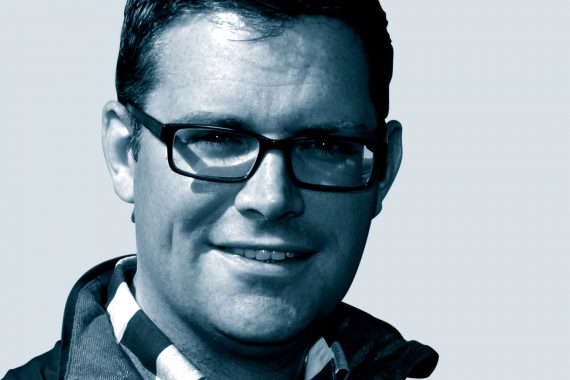Are we relying on Huldufolk to give us rural integrated care?

According to Icelandic folklore, when scrambling over volcanic rockscape it is not uncommon to experience the sensation that you are being joined by groups of people behind you. And yet, when you turn around, no one is there. The Icelandic term for the mysterious and unseen individuals responsible for this, is Huldufolk (yes, pronounced hool-de-foke), or ‘the hidden people’.
I sometimes get the same feeling when hearing promises of what the ‘wider primary care team’ will offer us in the next version of the Scottish GP contract; especially in rural areas.
There is no doubt that developing quality primary care will depend on widening the multidisciplinary approach. There is simply no more attractive way to address the challenges presented by the demographics of demand and supply, and our primary care team colleagues seem keen and committed to be innovative companions on the journey to serve our increasingly aged and complex communities with integrated care. Sharing responsibilities and working together makes perfect sense.
However we need to be realistic about who is actually willing and able to take on this work. Fifty week waits for physiotherapy, the implosion of community nursing and social care services, and twenty week waits for diagnostic imaging are signs of a system which – even for urgent referrals – is creaking, and where extra capacity is simply not available. And that’s before taking account the impact of IR35 and Brexit.
The essence of the generalist approach cannot be replicated by simple transfer of responsibility from GPs to other professionals, no matter how competent and holistic they are in their skills. Furthermore, the ‘wider primary care team’ that is being touted as the answer to the pressures on general practice, is more difficult to identify in rural areas than in larger conurbations. The recruitment and retention challenges of rural GP are just as pronounced for other disciplines, and often they are worse.
Hence why rural areas continue to experience intermittent, inadequate or haphazard support from pharmacists, district nurses, GP-based physios, counsellors, dementia support workers and link workers, amongst others.
Furthermore, as a result of the gaps created by recruitment problems or infrequent multidisciplinary input, GPs are empowered – read ‘pressured’ – to ‘just get on with it’, and that is simply not sustainable in primary care ecosystems where fragility of service provision is now the norm.
It is tempting to hope that pressured GP services can be easily bolstered by other health professionals who are ready and waiting to provide their assistance. However, realistic medicine needs a realistic approach – which in turn requires realistic expectations, and realistic assessment of what is locally feasible. Just like with the Huldufolk, I wonder: are the promises of support from a wider primary care team actually going to materialise?
Where it is possible to increase the support, it will be welcomed. However, the challenge of broadening teamwork in rural practices needs to be taken into account as we move into the realms of a new Scottish GP contract. We must protect and resource the flexibility required of those rural GP practices where the input of a wider team is limited or simply not possible.
Let’s ensure that we’re not relying on folklore to come up with the solutions we so desperately need.
Dr David Hogg is a GP on the Isle of Arran and Chair of the Rural GP Association of Scotland. He writes in a personal capacity. You can follow him on Twitter @davidrhogg









